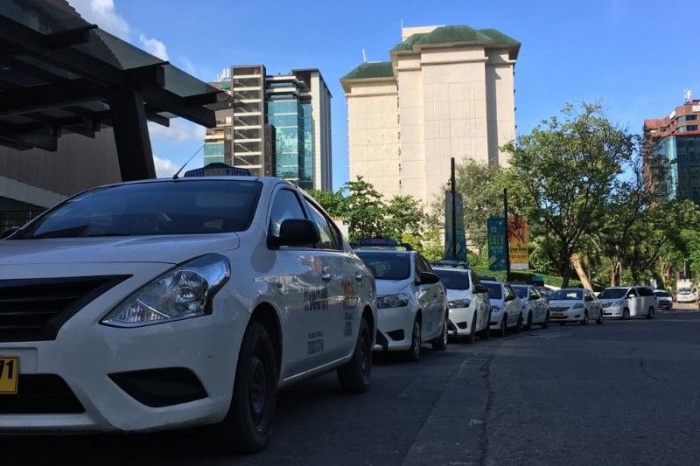The Philippine Competition Commission (PCC) raised concerns that a “virtual monopoly” is in the making once the Grab-Uber merger deal pushes through.
They invited stakeholders and individuals to share their opinions on the issue through social media, where various people reacted against the merger.
However, in the midst of the review, PCC ordered Uber to continue operations beyond April 8.
They believed that it was capable of functioning but Land Transporation Regulatory and Franchising (LTFRB) board member Aileen Lizada insisted it might be difficult for Uber since it is no longer funded.
While there are reactions against the supposed “monopoly,” people think it is time for other transport network companies (TNCs) to operate in the country as a solution.
Agustin Arcenas, economics associate professor and UP Diliman’s Director of Public Affairs for the School of Economics, said in an e-mail interview with Interaksyon that the market is now profitable for other TNCs.
According to him, it would encourage other TNCs to explore and invest because there is only a limited player in the field.
He also added that Grab might raise their fares for a while but “it is very possible new firms will enter the market because it is profitable, and hence, Grab will have competition.”
Less service providers, more market profitability
A more profitable market arises from a short supply of service providers.
According to The Concise Encyclopedia of Economics, entrepreneurs would enter a field if they see possible consumers vying for the type of service they offer.
Arcenas believes the TNC market is profitable in the country since there are lots of Filipinos who regularly commute and rely on public transportation, particularly the ride-hailing services.
Business World reported that Filipinos prefer using a ride-hailing service than other forms of transport since they believe it gets them 70 percent faster to their destinations.

If another TNC would enter the field, it would crush Grab’s “monopolistic” powers since people will have the option to switch to other.
Arcenas continued, “It is not difficult for others to replicate what Grab is doing and apply for authority to supply similar service.”
LTFRB previously assured the public that the agency wanted more TNCs to enter the Philippines.
Taxi rates might go down
For the meantime, this might cause ordinary taxi operators — who more or less provide a similar service — to lower their rates while there are limited TNCs in the field.
Social science department coordinator Eduardo Evangelista of Siena College of Taytay believes it is possible taxis might decrease their rates since they would be competing with the “monopolization.”

In a text message with Interaksyon, he said, “Walang monopoly na magaganap kasi makikipagsabayan ang mga ordinary taxi sa Grab at Uber merging. Mapipilitan magbaba ng presyo ang ordinary taxi, magkakaroon tayo ng alternative.”










